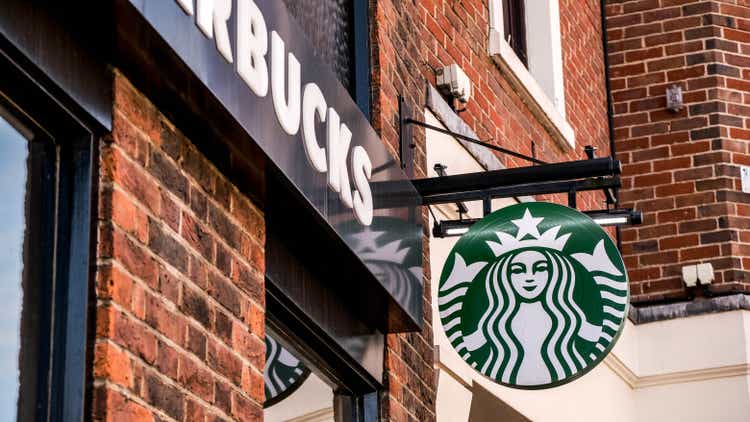Aluminium and nickel prices jump after sanctions on Russian supply
Unlock the Editor’s Digest for free
Roula Khalaf, Editor of the FT, selects her favourite stories in this weekly newsletter.
Aluminium posted its biggest intraday gain since at least 1987 and nickel and copper prices also rose after the UK and US introduced sanctions that in effect ban the trading of new Russian supplies of the vital industrial metals on two of the world’s largest exchanges.
Aluminium, which is used in cans, aeroplanes and buildings, surged as much as 9.4 per cent on Monday, the largest intraday rise since the contract was launched in its current form 37 years ago, before falling back to trade 2.8 per cent higher at $2,562 a tonne. Nickel, a key ingredient in electric vehicle batteries and steelmaking, advanced 1.5 per cent.
The moves came after the British and US governments on Friday banned the delivery of new Russian supplies to the London Metal Exchange and the Chicago Mercantile Exchange.
Copper, the third metal covered by the new measures, added 1.6 per cent to $9,604 a tonne, its highest level in 22 months, on expectations of a tighter market as a result of the sanctions.
Russia is a key producer of all three metals, generating 6 per cent of the world’s aluminium, 4 per cent of copper and 11 per cent of high purity nickel metal, according to Citigroup.
The LME said on Saturday that it would not permit Russian metal produced after April 13 to be stored in its warehouses. Supplies of Russian origin produced before that date can still enter the LME warehouse system but will be marked under a separate category, it added.
The world’s largest marketplace for metals has been battling with a build-up of inventories of Russian supplies, which were already viewed as less desirable. Aluminium was the most extreme at more than 90 per cent of inventories being of Russian origin, leading to fears that price benchmarks may not reflect real-world global prices.
Tom Mulqueen, analyst at Citi, said the sanctions would drive up prices of exchange-traded metals and create a larger discount for newly produced Russian metal.
“Prior to this ban Russia-origin metal had come to increasingly dominate LME inventories, so pricing had increasingly reflected the underlying discount for these less desirable Russia units,” he said in a note. “The LME’s new measures should reverse this.”

The latest sanctions do not prevent Russian companies from rushing to move metals produced before April 13 into LME warehouses or conducting bilateral deals independently of metals exchanges.
Rusal, Russia’s largest aluminium producer, said on Monday that the latest sanctions would not impact its ability to sell its output since there was still “great demand” for Russian metal globally.
“The announced actions have no impact on Rusal’s ability to supply since Rusal’s global logistic delivery solutions, access to banking system, overall production and quality systems are not affected,” it said in a statement.
Nicholas Snowdon, analyst at Goldman Sachs, said he expected China, India and Turkey to absorb any Russian metal that the US, UK and other western consumers shun as a result of the restrictions.
Source link


